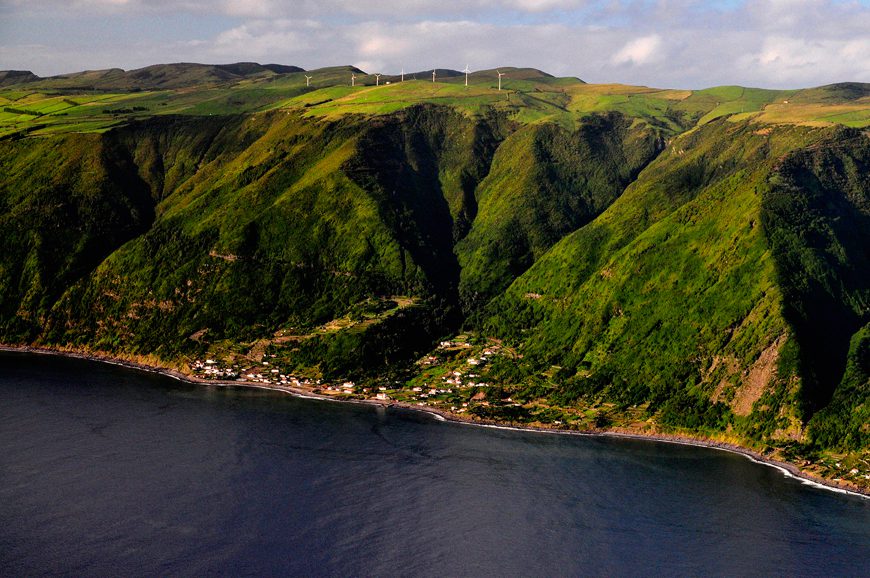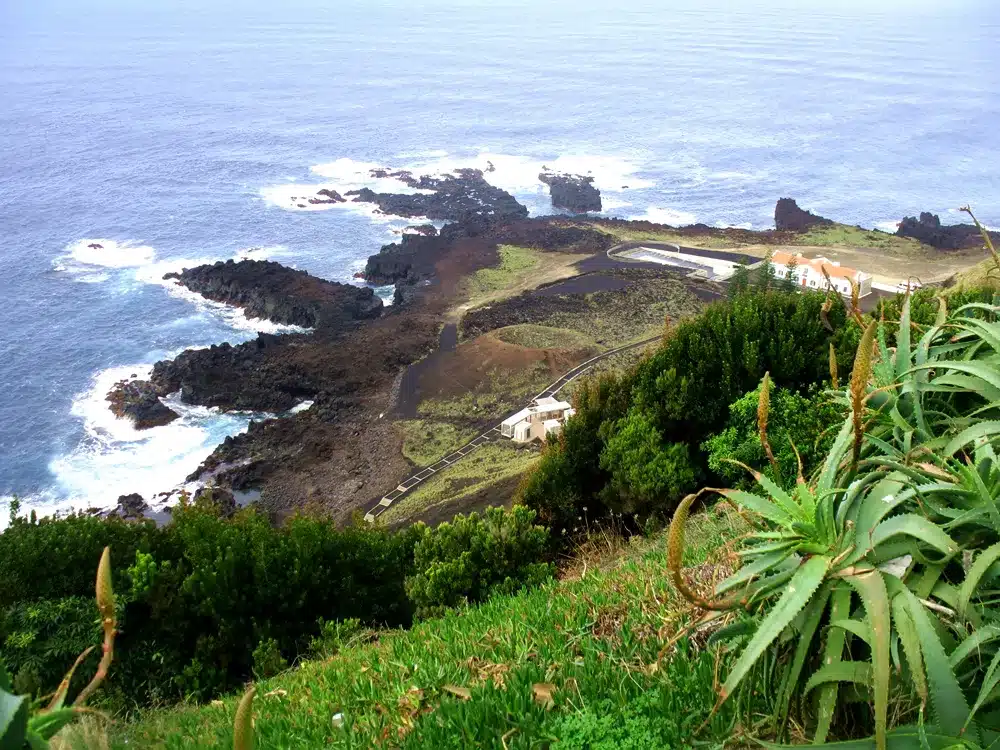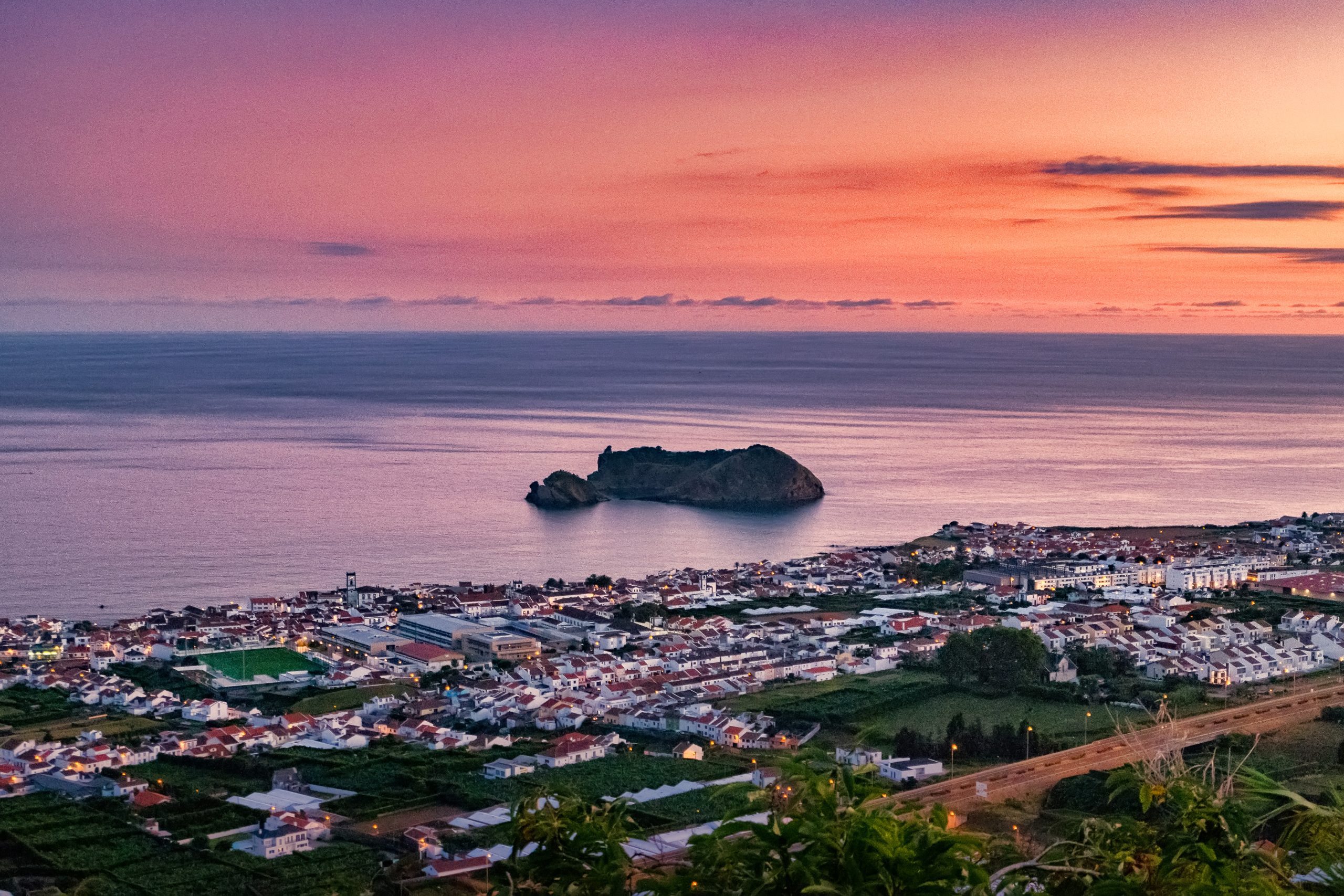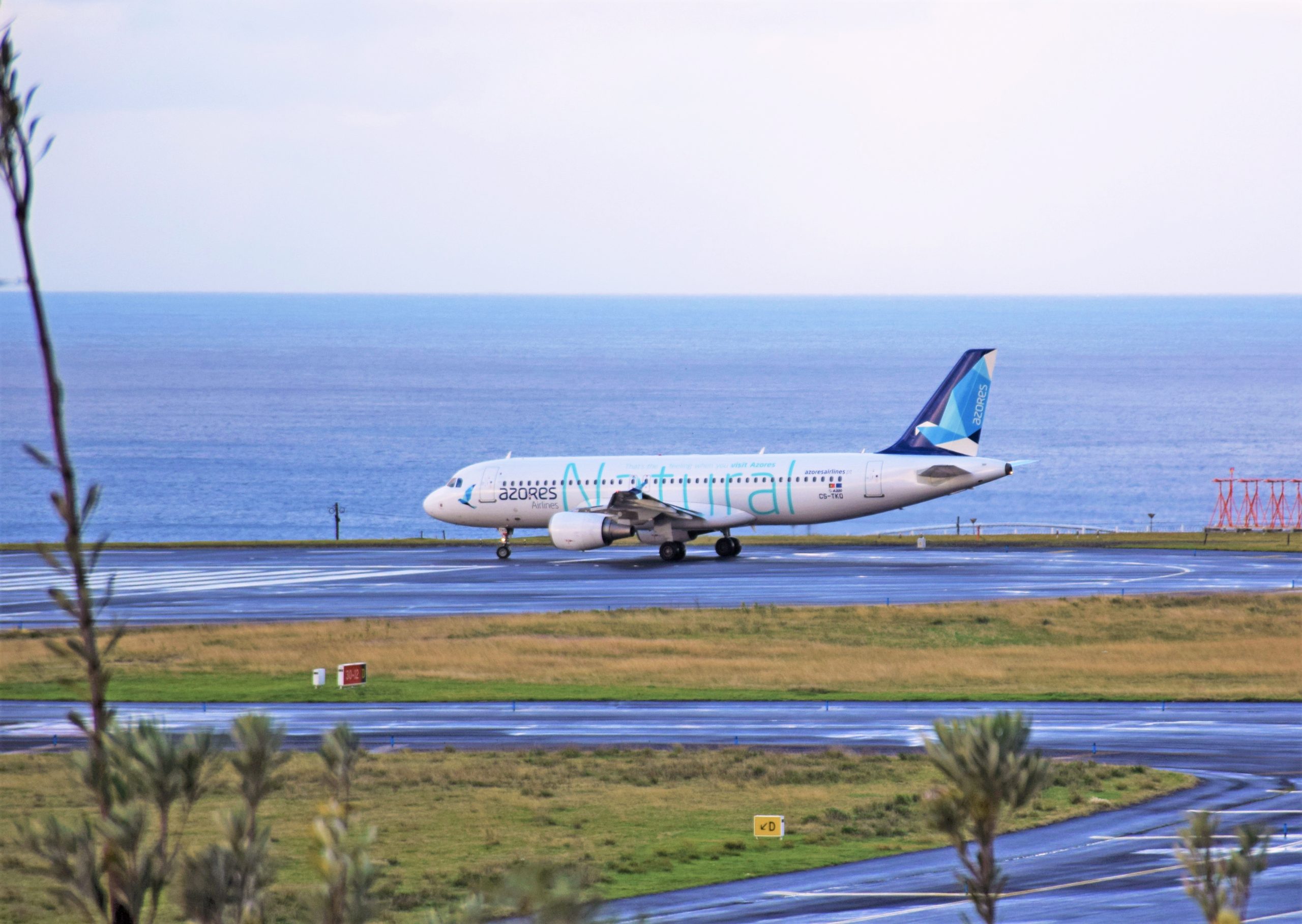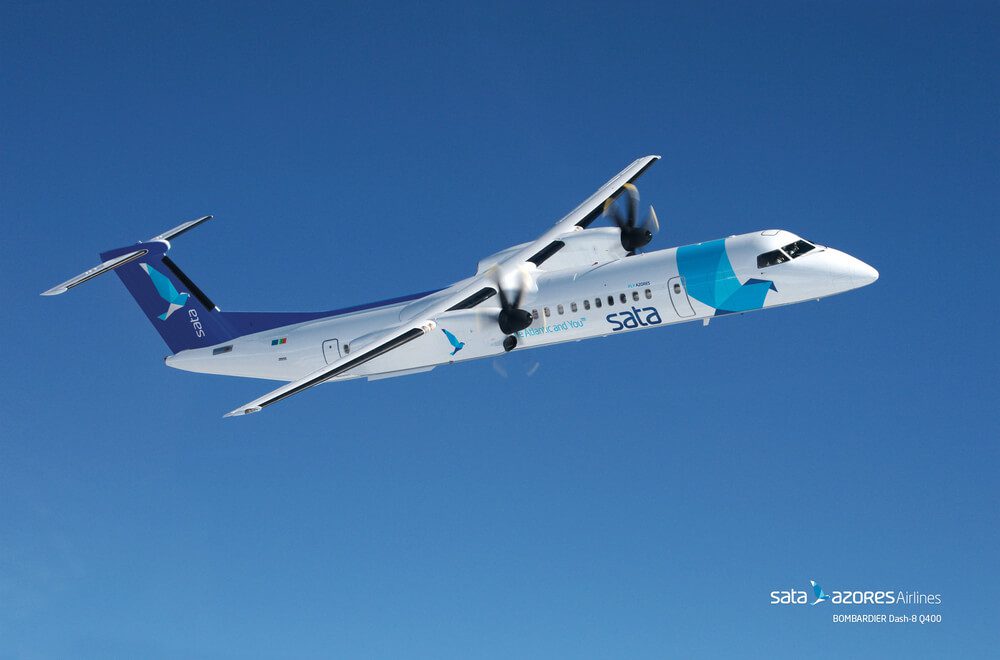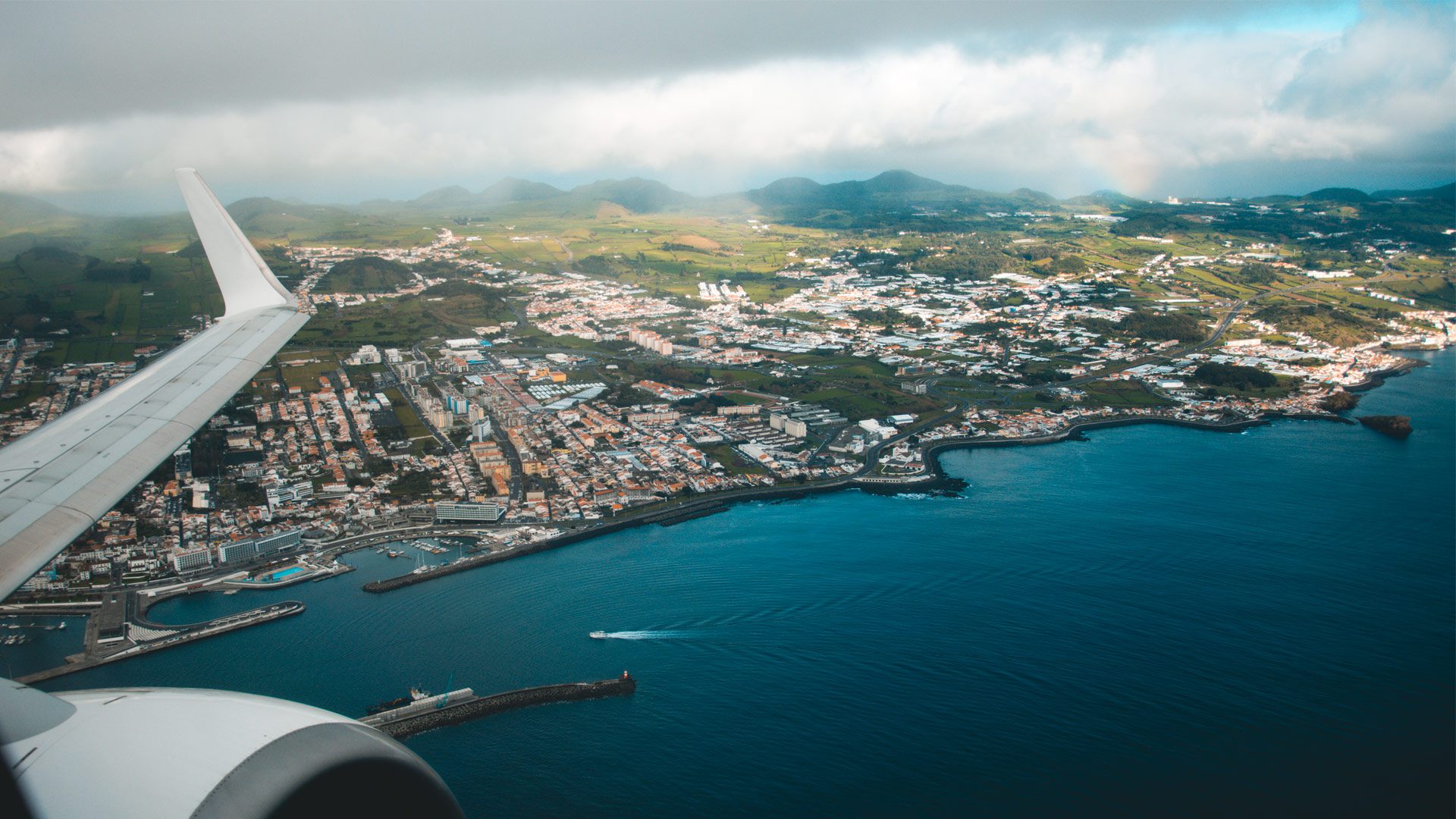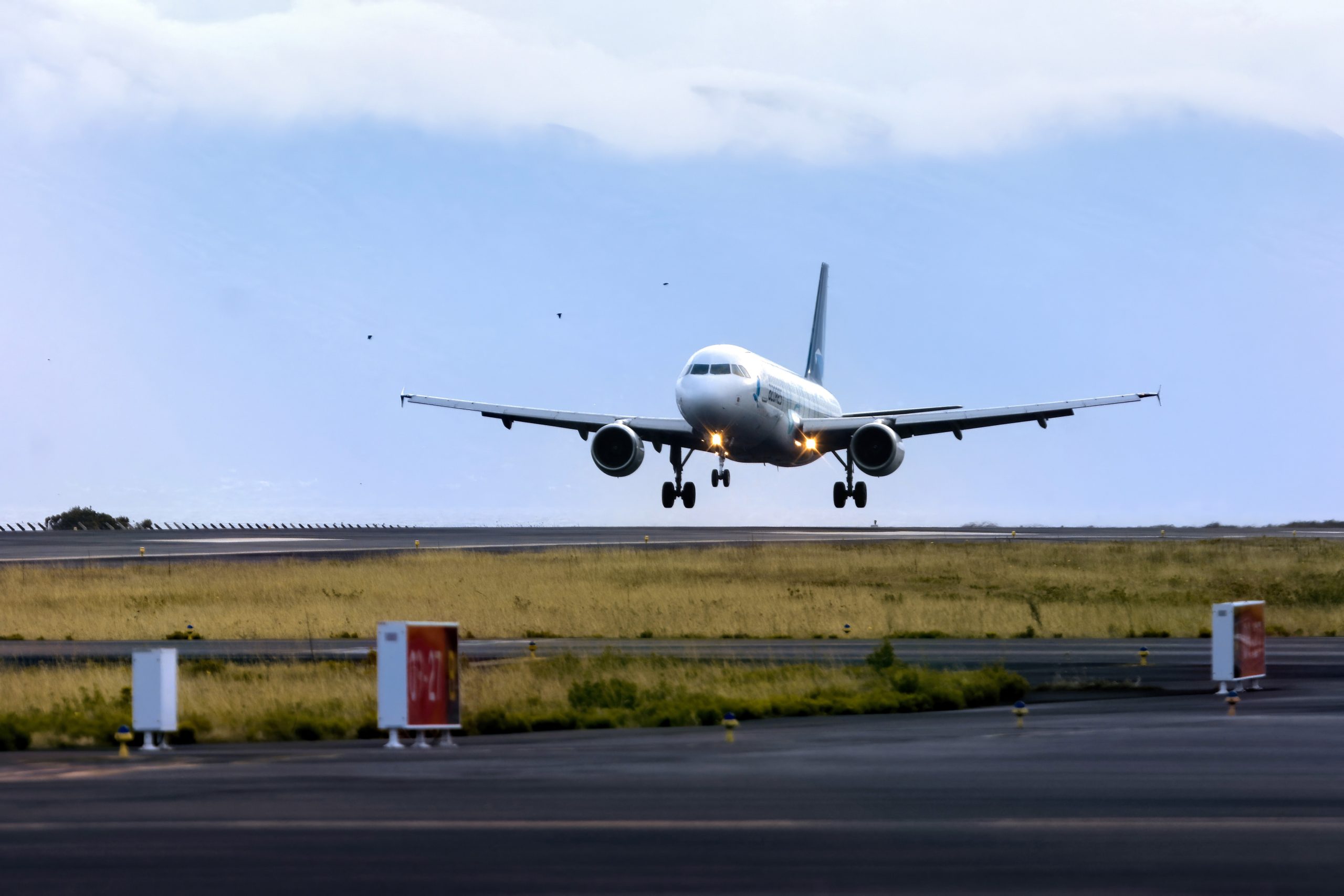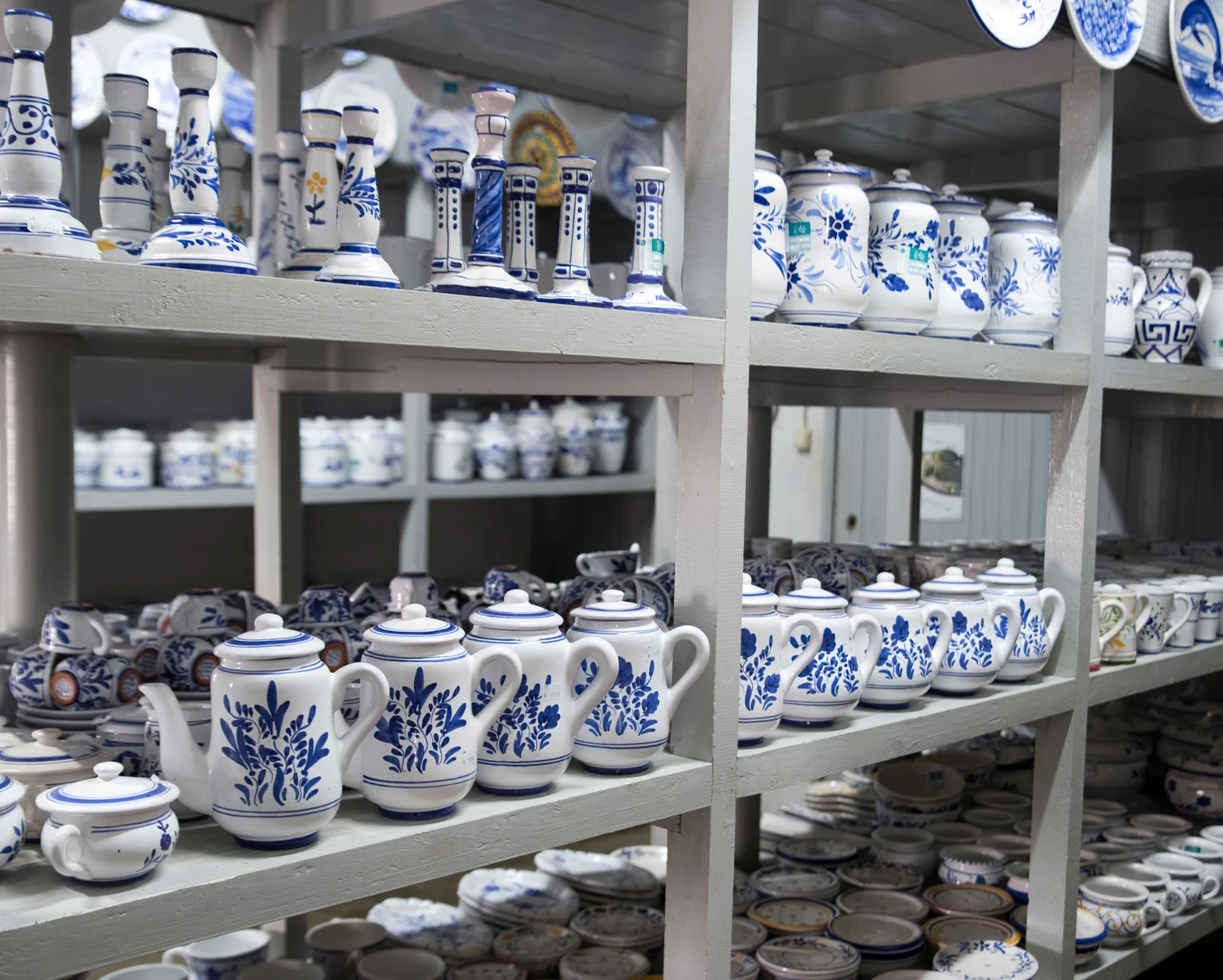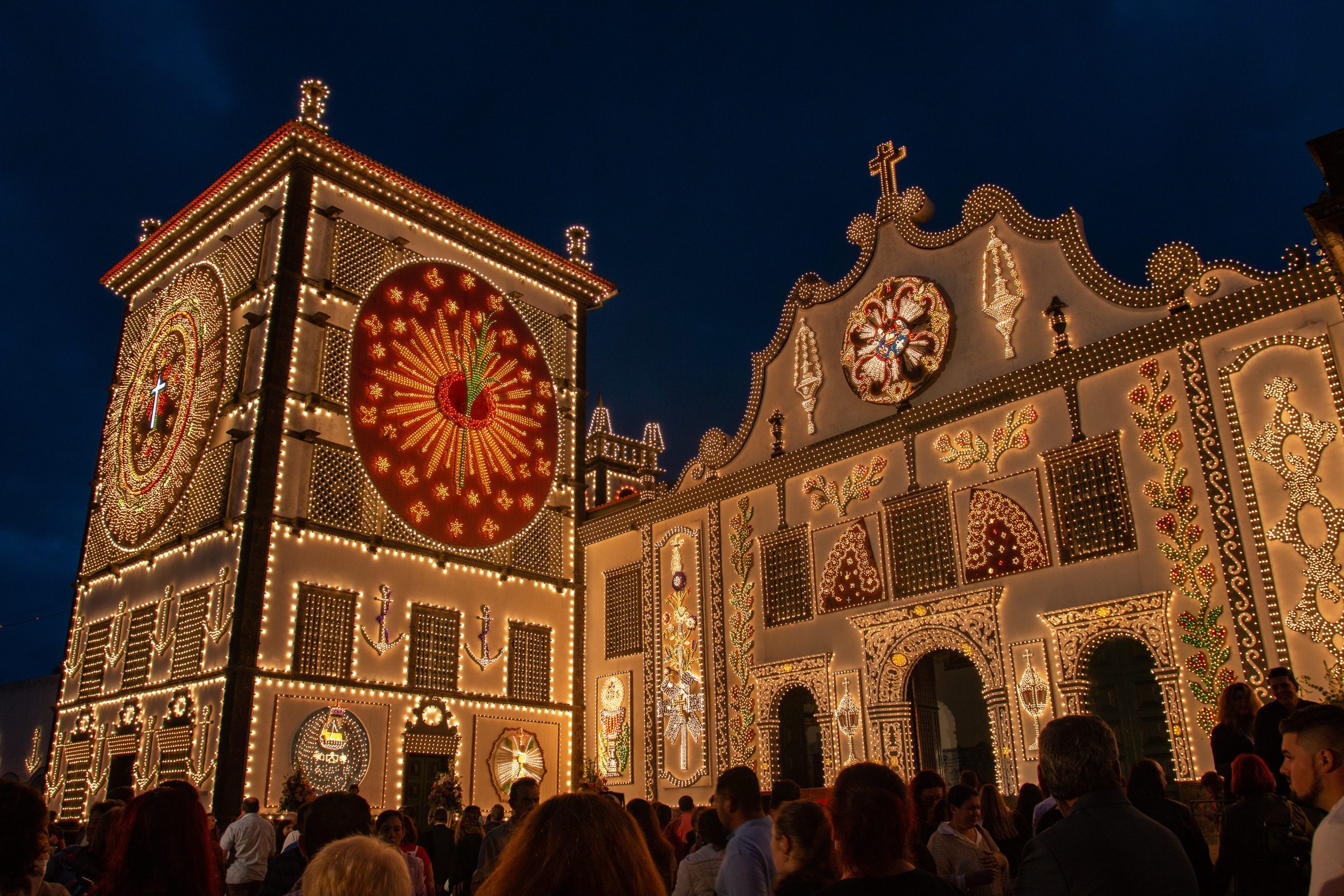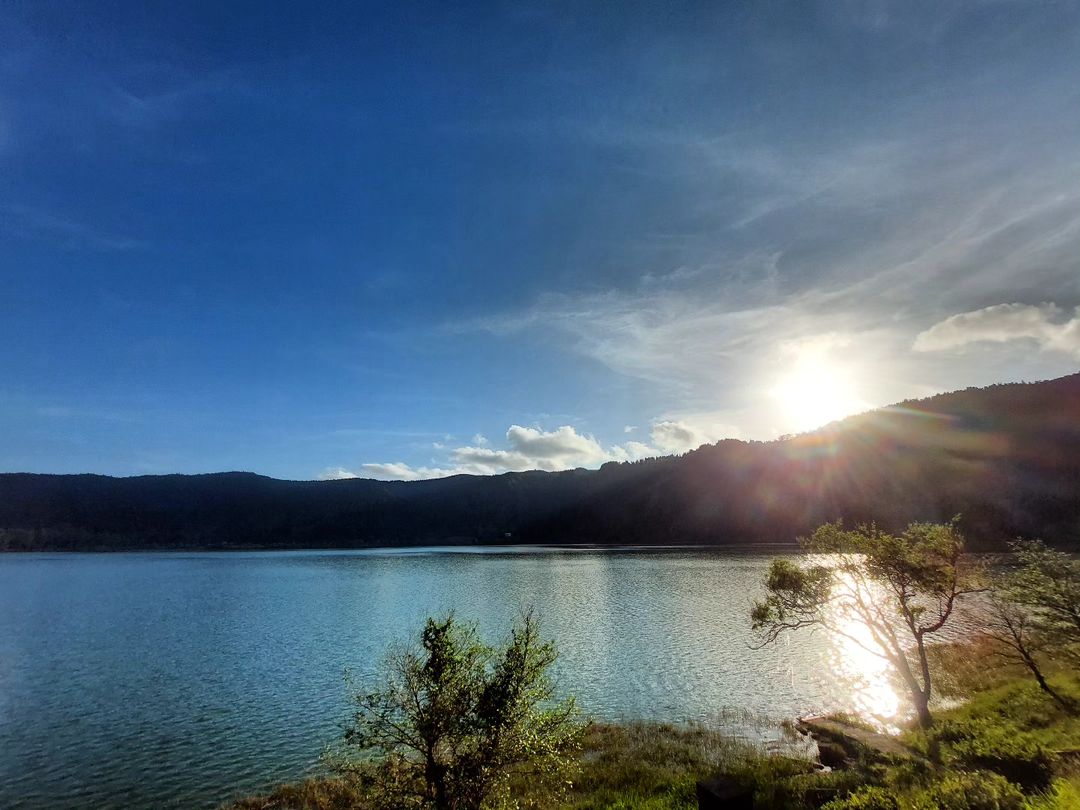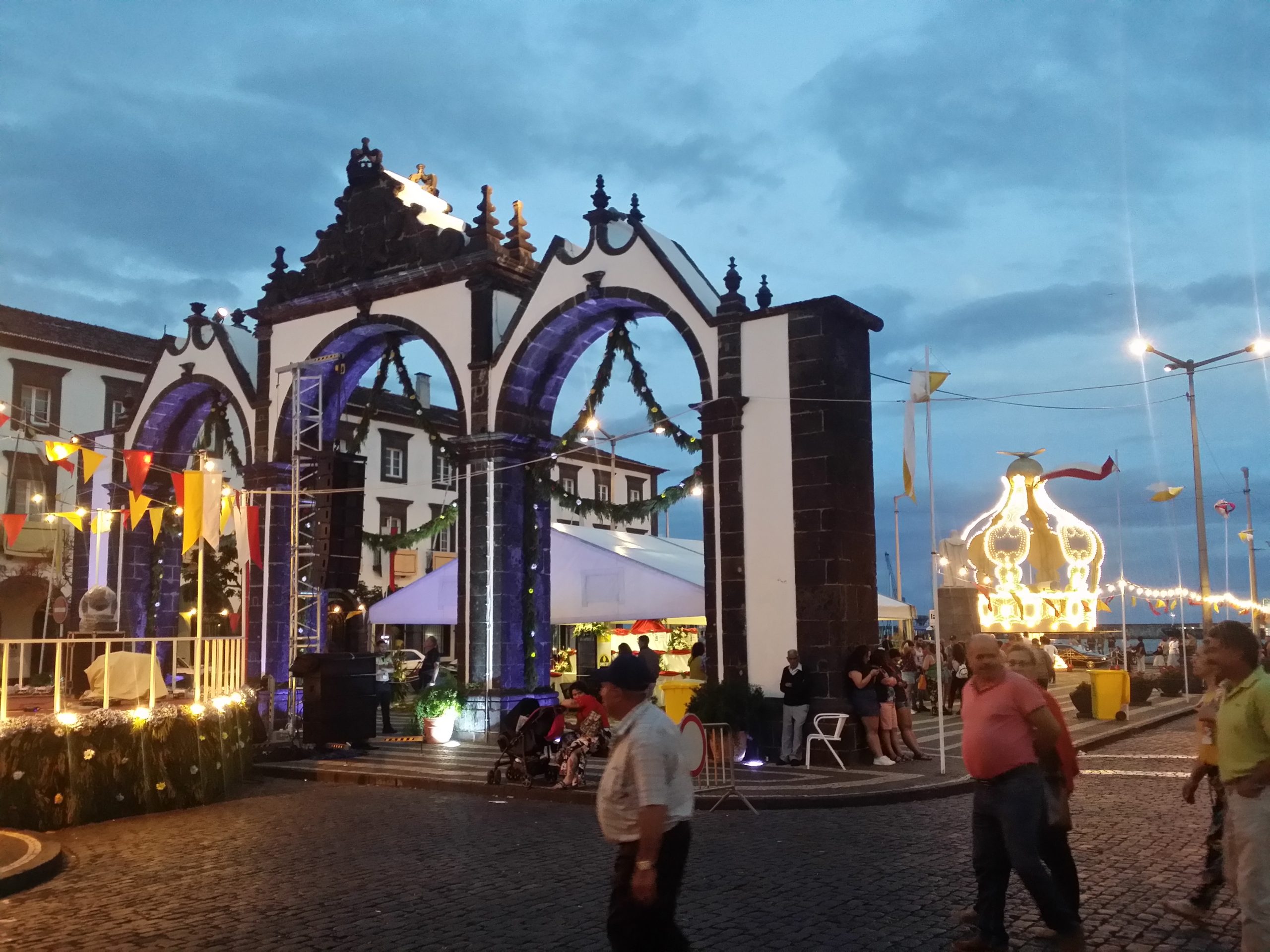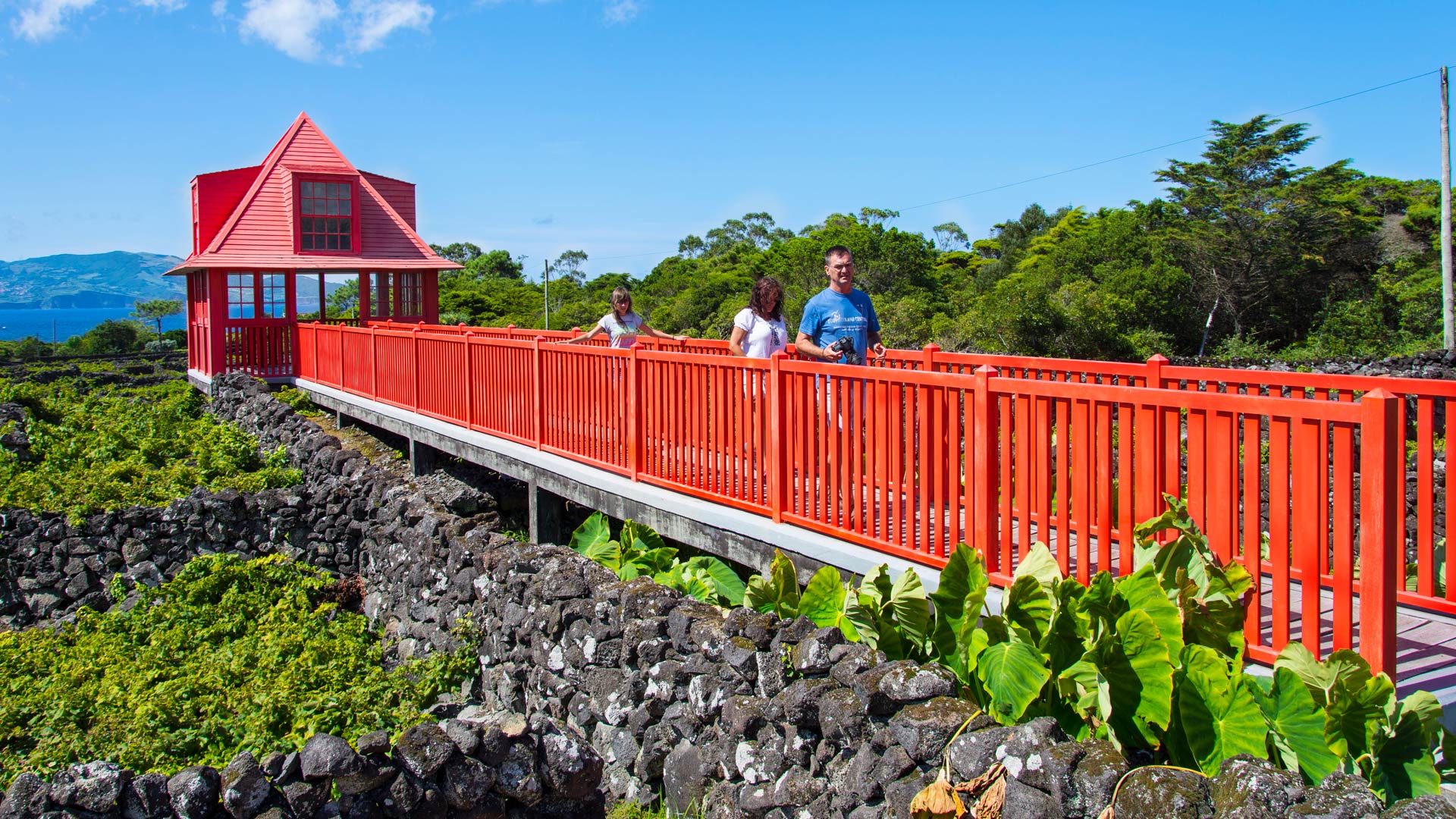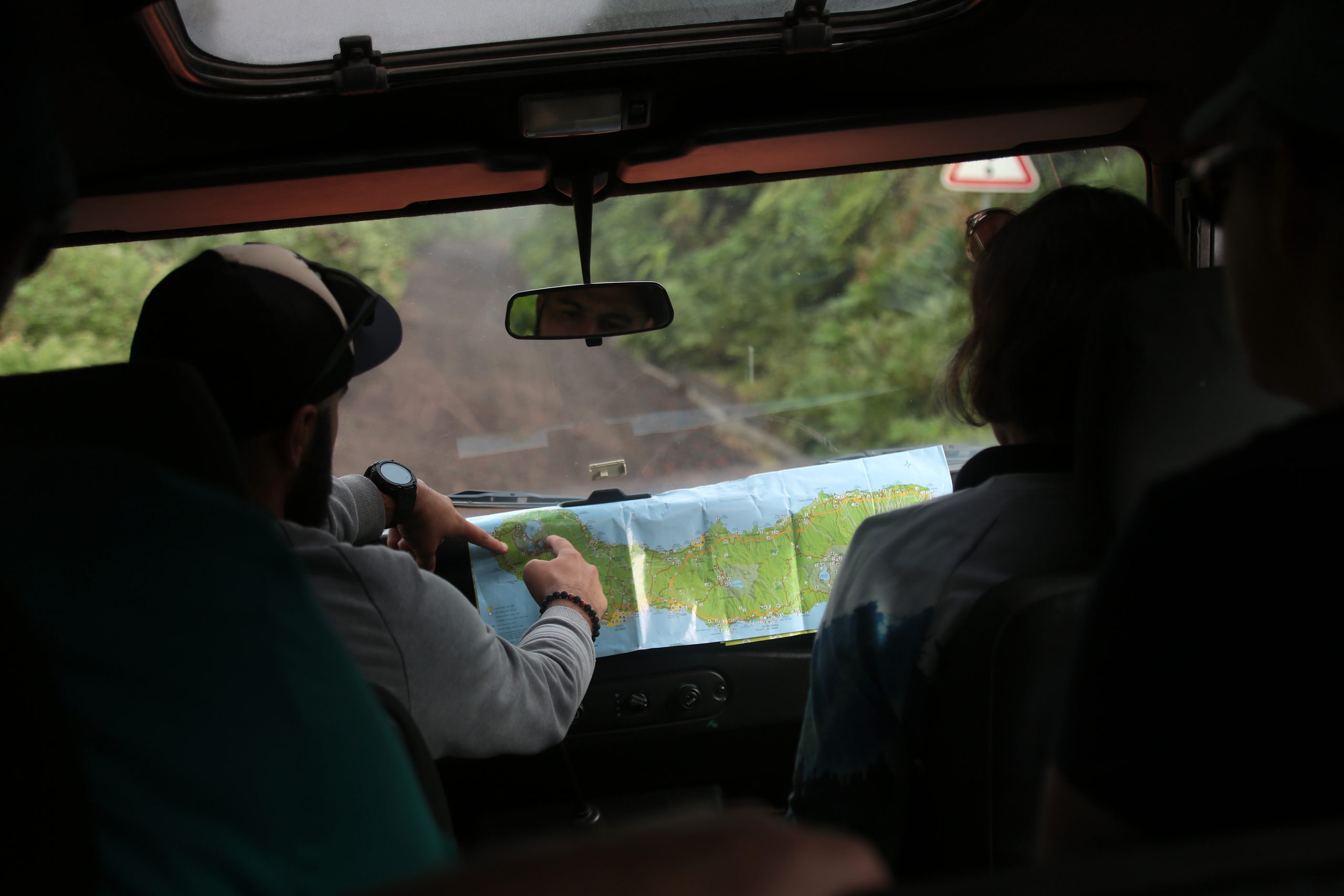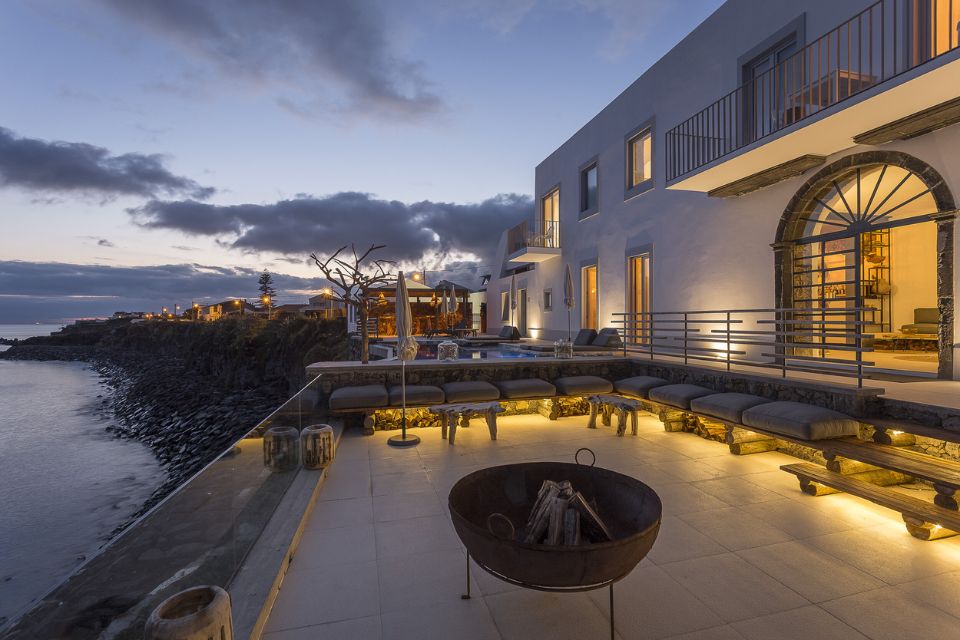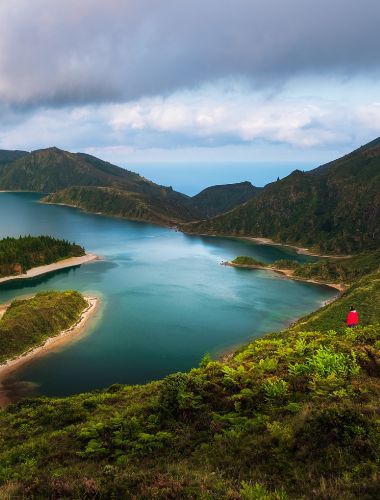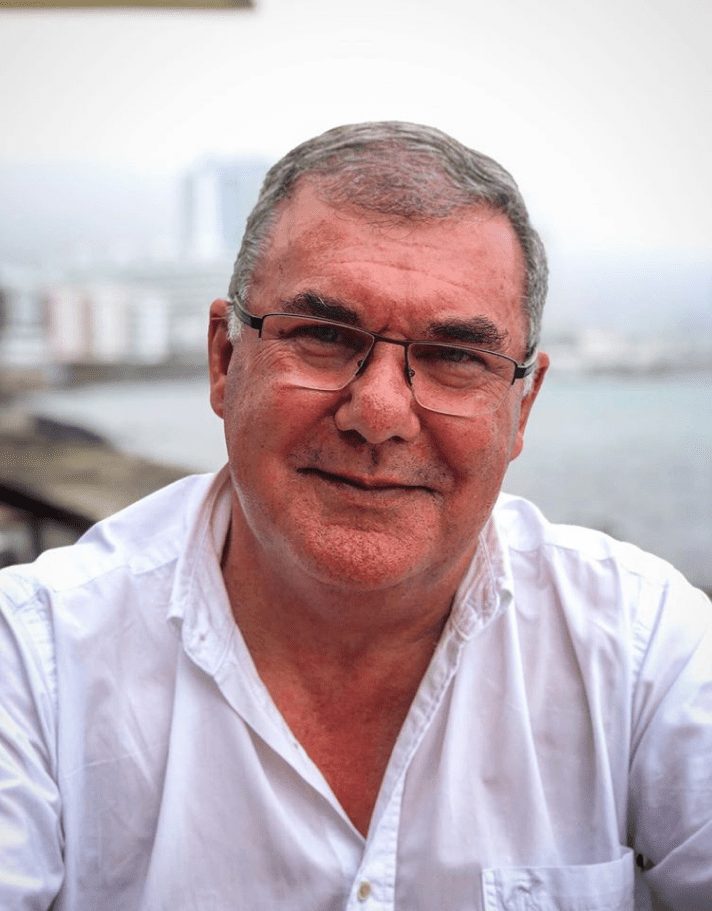If you are planning a trip to the Azores, you are probably wondering if people speak any English here. Well, I would say most of us do speak English, specifically those who work directly with tourism, but there is still a considerable percentage that does not speak English. But don’t worry, most people will make an effort to understand you.
Official Language of the Azores
The official language of the Azores is Portuguese, as the archipelago is an autonomous region of Portugal. All government services, education, road signs, and official documents are in Portuguese. This reflects the deep cultural and historical ties between the islands and mainland Portugal.
Although we all speak Portuguese here, our accent is unique. The Azorean accent varies slightly from island to island, with some islands (like São Miguel or Terceira) having more noticeable differences in pronunciation. Across all archipelagos, the different accents have been shaped by influences from various regions of mainland Portugal and by Flemish, Moorish, and even French settlers.
Do People Speak English in the Azores?
As an Azorean, I can tell you that yes, many of us speak English, especially those who work in tourism or regularly deal with visitors. In big cities, it’s common to hear English in hotels, restaurants, and tour companies. Besides, most young people learn English at school since it is mandatory, and with the number of tourists increasing, it’s become part of daily life for many of us.
Of course, in smaller villages or among older generations, English might not be spoken fluently. But don’t worry, we’re known for being welcoming, and most people will do their best to help, even with just a smile and a few words.
Where English is Most Commonly Spoken
In the Azores, you’ll hear English most often in the places tourists go. People working in hotels, restaurants, rental car agencies, and on guided tours are used to speaking English every day. In cities like Ponta Delgada, Horta, and Angra do Heroísmo, you can easily get by speaking only English.
However, if you go off the beaten path, to smaller villages or more remote islands, you might not find English speakers as easily. In those cases, even simple Portuguese words or a translation app can go a long way.
Communication Tips for Travelers
If you’re travelling to the Azores and only speak English, don’t worry, you’ll manage just fine. Still, here are some personal tips that can make communication easier and your experience even better:
- Learn a few basic Portuguese words: Simple phrases like “Bom dia” (Good morning), “Obrigado/a” (Thank you), and “Por favor” (Please).
- Use a translation app: I’ve seen many visitors rely on apps like Google Translate when exploring rural areas. It works well and helps avoid misunderstandings.
- Menus and signs are often bilingual, especially in restaurants and tourist areas. Most menus have English translations. Some signs, particularly at museums or historical sites, are also in English.
- Don’t be afraid to ask: Even if someone doesn’t speak English fluently, they’ll likely try their best to help you.
- Smile and be patient: A friendly attitude goes a long way. Communication is more than just words, and we appreciate it when visitors are kind and open.
Conclusion
Yes, people speak English in the Azores. If you stick to the main towns and tourist areas, you’ll have no problems communicating. But like anywhere, saying a few words of the local language shows respect, and here, it’s always appreciated.
Azores Guide Book
Azorean Language & Phrases 🗣️ | Currency & Banks 💵 | Credit Cards & Traveler’s Cheques 🏧 | Driving in the Azores 🚗 | Electricity 🔌 | Experiences & Tours 🗺️ | Health & Safety 🩺 | Internet & Wi-Fi Access 🛜 | Phones & Mobile Service 📞 | Post Offices & Buying Stamps ✉️ | Public Holidays 🏖️ | Shopping 🛒 | Time & Daylight 🕒 | Whale Watching Guide 🐳 | Best Island to Visit 🏞️
FAQs
Yes, especially in tourist areas like hotels, restaurants, and airports. Most younger locals and those working in tourism speak English well, making it easy for travelers to communicate.
Absolutely. English is widely used in the main towns and tourist services. While knowing some Portuguese can enhance your experience, it’s not necessary for enjoying your trip.
Yes, but more commonly on the larger and more visited islands like São Miguel, Terceira, and Faial. In smaller villages, English may be less common, but locals are helpful and welcoming.
In most restaurants, hotels, and tourist sites, yes, menus and signs are often available in English. In more remote areas, they may be in Portuguese only, but staff usually help explain.
Some do, but English is generally spoken more by younger generations. Older residents might not speak it fluently, but they typically understand basic words and gestures.
Using simple English frequently works, especially in tourist areas. You can also use translation apps, gestures, or learn a few basic Portuguese phrases to make interactions smoother.
It’s not required, but learning a few basic words or phrases is a great way to connect with locals. Even a small effort is appreciated and can make your trip more meaningful.


